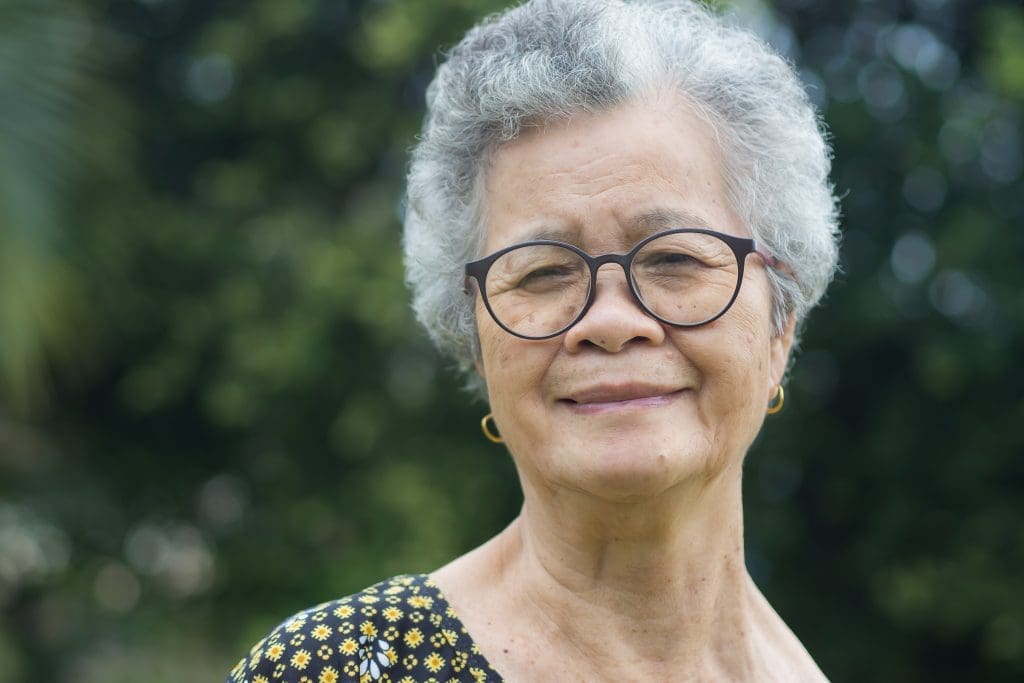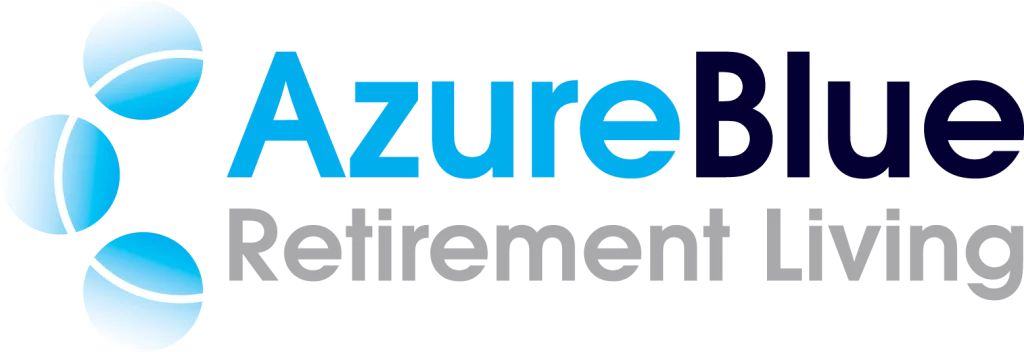Queensland Elder Abuse Helpline
What is the Elder Abuse Helpline?
Our confidential Queensland Elder Abuse Helpline (1300 651 192) is a contact point for anyone who experiences, witnesses or suspects that an older person is being abused by someone they know and trust – usually a family member.
The Elder Abuse Helpline is a source of information, support, and referral for elder abuse situations. We aim to protect the rights, dignity and independence of older people.

If you or someone you know is in immediate danger, call the police on triple zero (000). Do not attempt to intervene in a situation where physical violence may be occurring, as this may put you and others at risk.
What happens when you call the Helpline?
Dealing with elder abuse can be a confusing, painful, distressing and sometimes overwhelming time for older people, families and anyone who witnesses it. The contexts in which elder abuse occurs are often complex and multilayered.
When you call the Elder Abuse Helpline, we can talk through your concerns in a safe, confidential conversation that can help you assess risk, examine relationship dynamics, seek pathways and options, ask questions and find out about support services. We take the time to listen and understand your situation and offer a safe, respectful space to talk.
We may talk to you about:
Your right to safety, dignity, independence and respect
Navigating (and/or mediating) complex family dynamics and conflict
Information about 'planning ahead' and how to protect yourself against elder abuse
General conversations around Powers of Attorney and Queensland's Administration and Guardianship systems
Conversations around 'decision-making capacity' (for a matter)
Balancing safeguarding actions with the rights of an older person to, dignity of risk, choice and independence
Having the right to say no, set personal boundaries and drawing on your parental authority to do so
Having the right to do nothing and take no action
Provide advice about where you can seek further support and/or protection
We also welcome calls from service providers, such as GPs, psychiatrists, psychologists, social workers, other allied health teams or police officers. We can provide support for professionals and front-line workers to explore options and connect with essential services that are right for their client.
Anyone can call our Helpline, and we invite you to do so.
Frequently Asked Questions
Yes.
You may choose to remain anonymous if you choose. Our Helpline is confidential and we do not record calls or keep case files. If you are unsure about whether your concerns are warranted or still undecided about taking action, please feel free to discuss your concerns anonymously.
No.
Proof or evidence isn’t needed to seek information, support and referrals from our Helpline. We will talk with you to explore situation further.
It is far better to trust your instincts and make the call than to wait for proof and risk letting the potential abuse continue. Elder abuse is often hidden or downplayed because of the stigma attached and definitive proof may never emerge.
Remember, you can ring us anonymously and calls are confidential.
Our Helpline calls are not time restricted. There is no need to think and speak quickly. We encourage you to take your time to fully discuss what’s happening.
No.
The Elder Abuse Helpline does not have an intake process. You can call and speak to someone straight away.
However, if you are calling after hours, or the phone line is exceptionally busy, you may be prompted to leave a voice message. We will return your call as soon as possible. Please speak clearly, repeat your phone number and let us know if there are any restrictions on when we should ring you back.
When we return your call, it will appear with a private caller ID. If you have settings on your phone that block private caller IDs, then please be aware we may not be able to reach you back.
You can also leave a message with us by using the contact form on our website (see contact us).
Yes.
We understand that you might need additional support as you deal with a difficult, stressful issue that continues to unfold over time.
We always encourage callers to return to the helpline if they need further information, support or referral. We will try to transfer your call to a staff member you have spoken with previously where possible.





